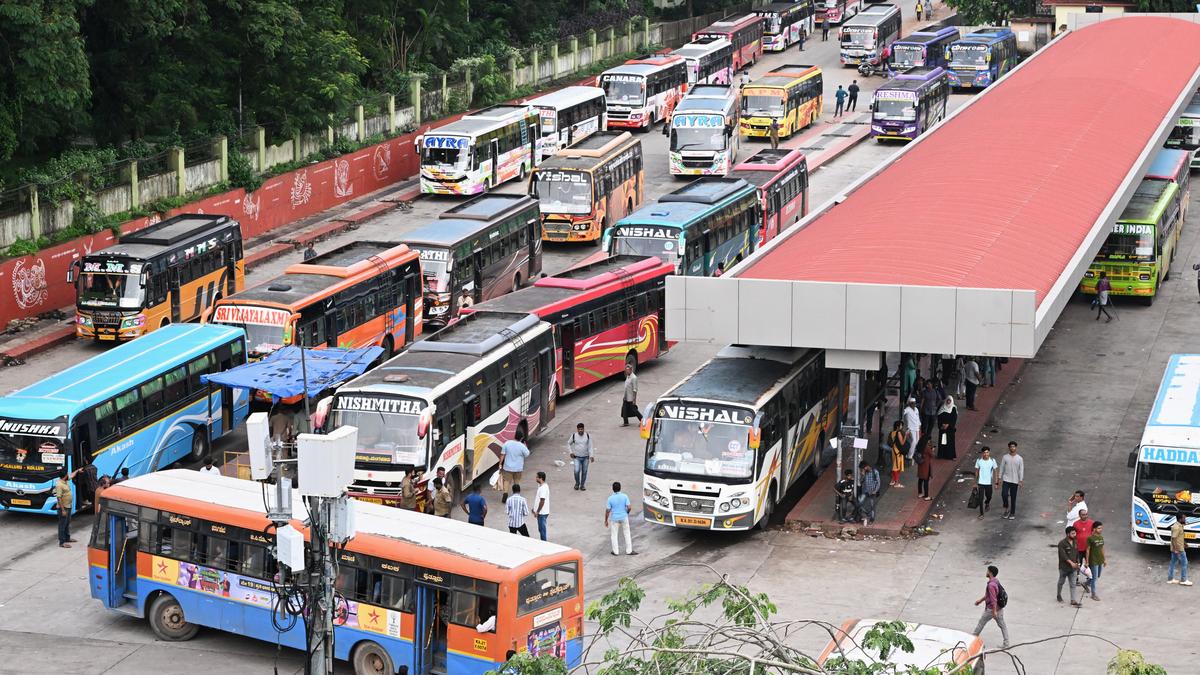Maharashtra government has thrown its weight behind the creation of a Unified Metropolitan Transport Authority (UMTA) to serve as a single regulatory body overseeing all urban transport initiatives across the state’s metropolitan areas.
The move, led by the Chief Minister, is seen as a crucial intervention to reduce urban congestion, improve last-mile connectivity, and streamline the complex and fragmented nature of public transport currently operating in cities like Mumbai, Pune, Nagpur, and others. With multiple agencies independently managing bus services, metro operations, rail networks, and other transit systems, the absence of coordination has led to inefficiencies that directly impact millions of daily commuters.
At a high-level review meeting, the Chief Minister underscored the importance of transforming urban transport infrastructure to directly improve citizens’ ease of living. The proposed UMTA will function as a centralised planning and policy body, ensuring that ongoing and future projects are synchronised, time-bound, and responsive to local needs.A defining feature of the new framework is the appointment of an independent Chief Executive Officer (CEO) to head the authority. The CEO will be responsible for managing operations, policy implementation, and inter-agency coordination — with an emphasis on ensuring delivery outcomes are aligned with sustainability and commuter convenience.
The government will soon invite public suggestions and objections before the legislation to formalise the authority is enacted, ensuring that citizen feedback helps shape the institution’s mandate. Importantly, the CM instructed that the proposed legal framework must not conflict with existing central and state transport laws.In an effort to bridge the gap between local governance and state planning, the CM proposed that mayors and municipal commissioners from all major cities be inducted into the authority. This inclusion aims to harmonise local urban realities with broader infrastructure planning at the state level.
Although the UMTA will focus on strategic oversight, the implementation of transport services will remain with individual municipal corporations and agencies. However, its role will extend to coordinating timelines, regulating fare structures, and ensuring equitable access, especially for under-served urban populations.The CM pointed out that the current setup — where municipal transport departments, metro corporations, the state transport body, and Indian Railways operate in isolation — leads to redundancy, delays, and commuter inconvenience. A unified body, he argued, will help address these issues while enabling a unified ticketing system and integrated commuter data for better planning.
A dedicated executive committee under the UMTA is also being proposed, which will handle the authority’s day-to-day decisions and help fast-track approvals for critical projects.This strategic shift comes amid increasing pressure to make Indian cities carbon-neutral, inclusive, and resilient. By improving public transport efficiency and reducing dependency on personal vehicles, the UMTA could play a transformative role in reducing emissions, cutting travel time, and improving air quality.
The Maharashtra government’s support for the UMTA reflects a growing understanding that urban mobility is central to equitable urban development. If implemented effectively, it could become a benchmark model for other states aiming to modernise their city transport ecosystems.
Also Read : IRCTC Expected to Declare Final Dividend Financial year 2025
Maharashtra Backs Single Body for Urban Transport


